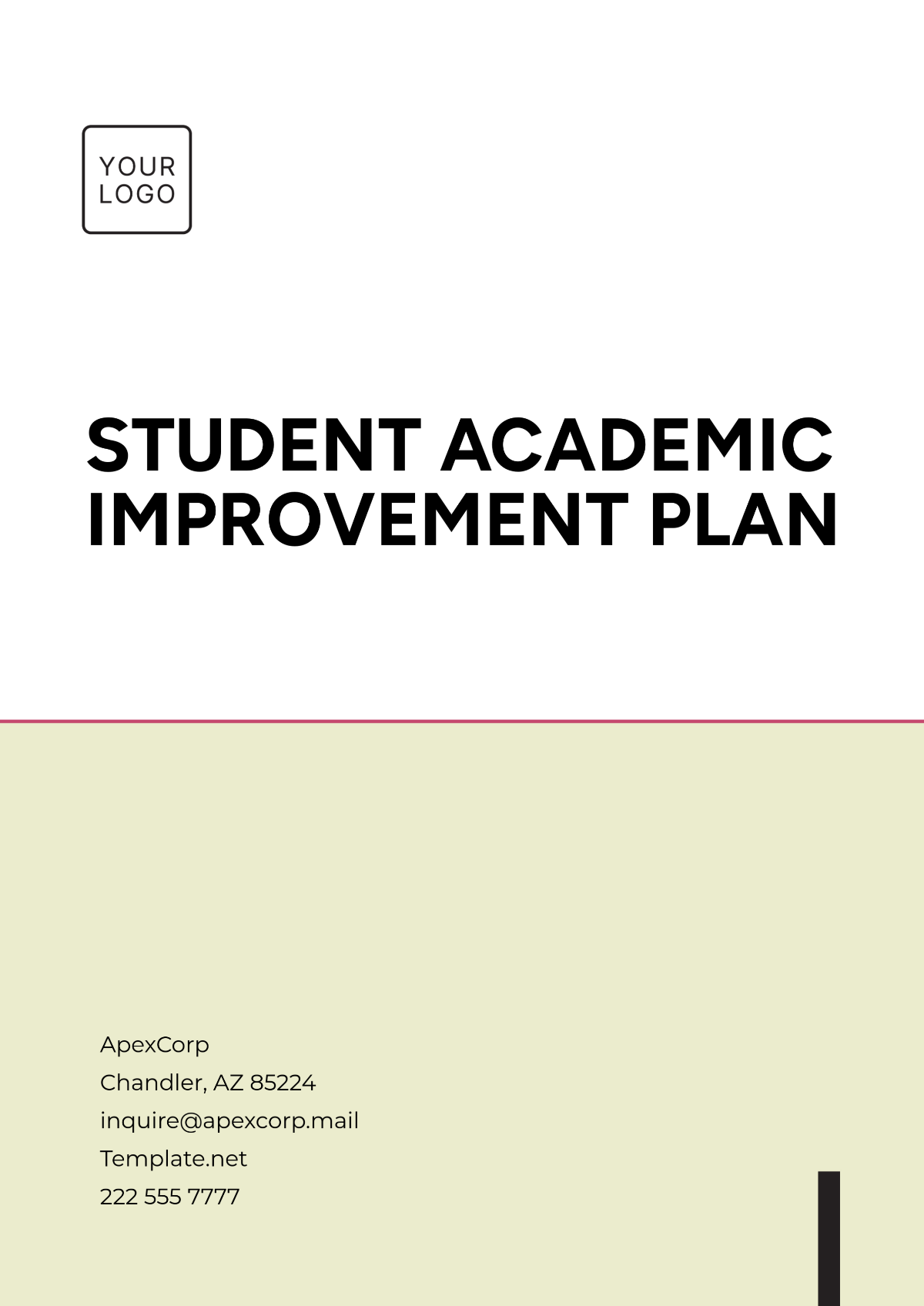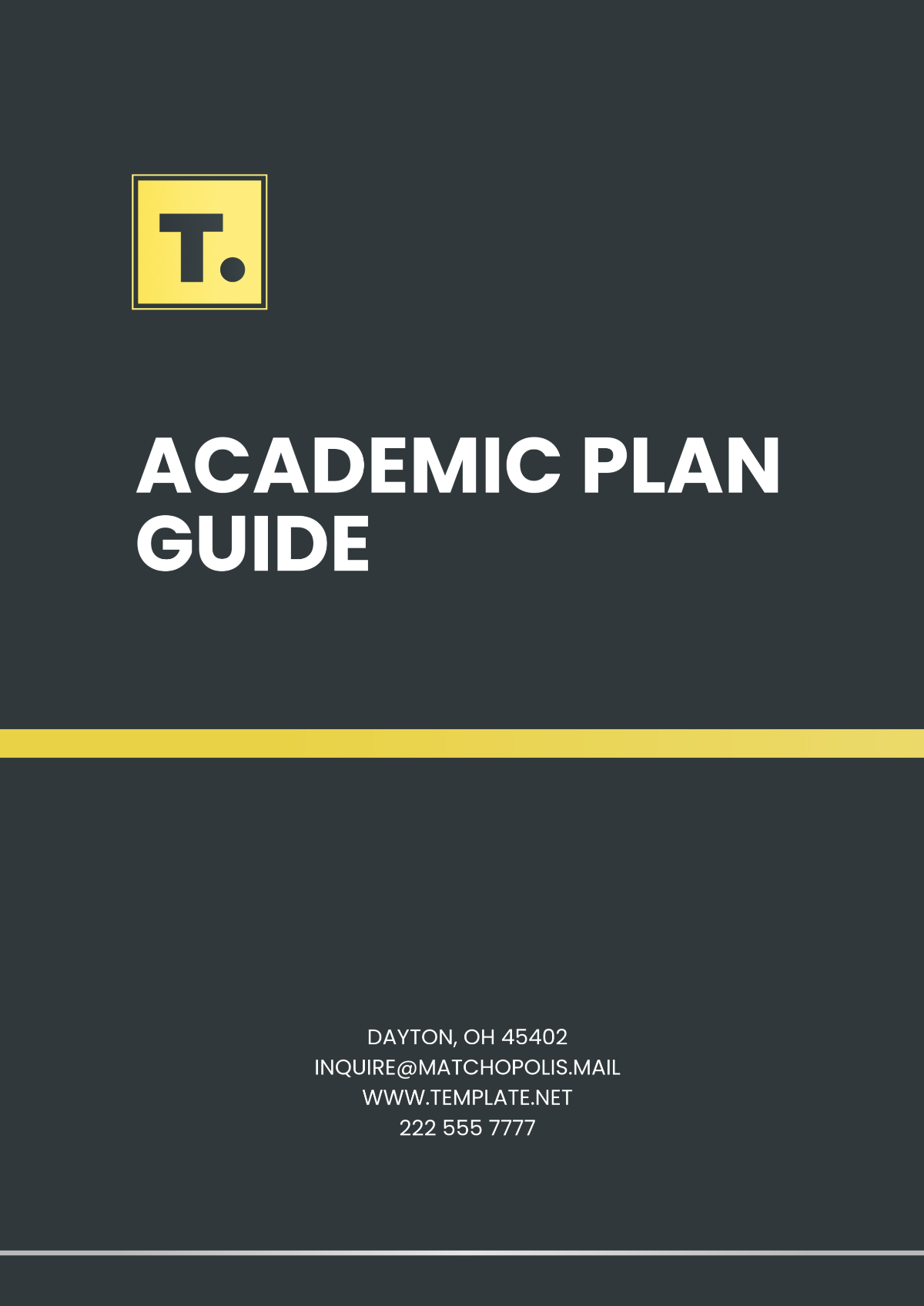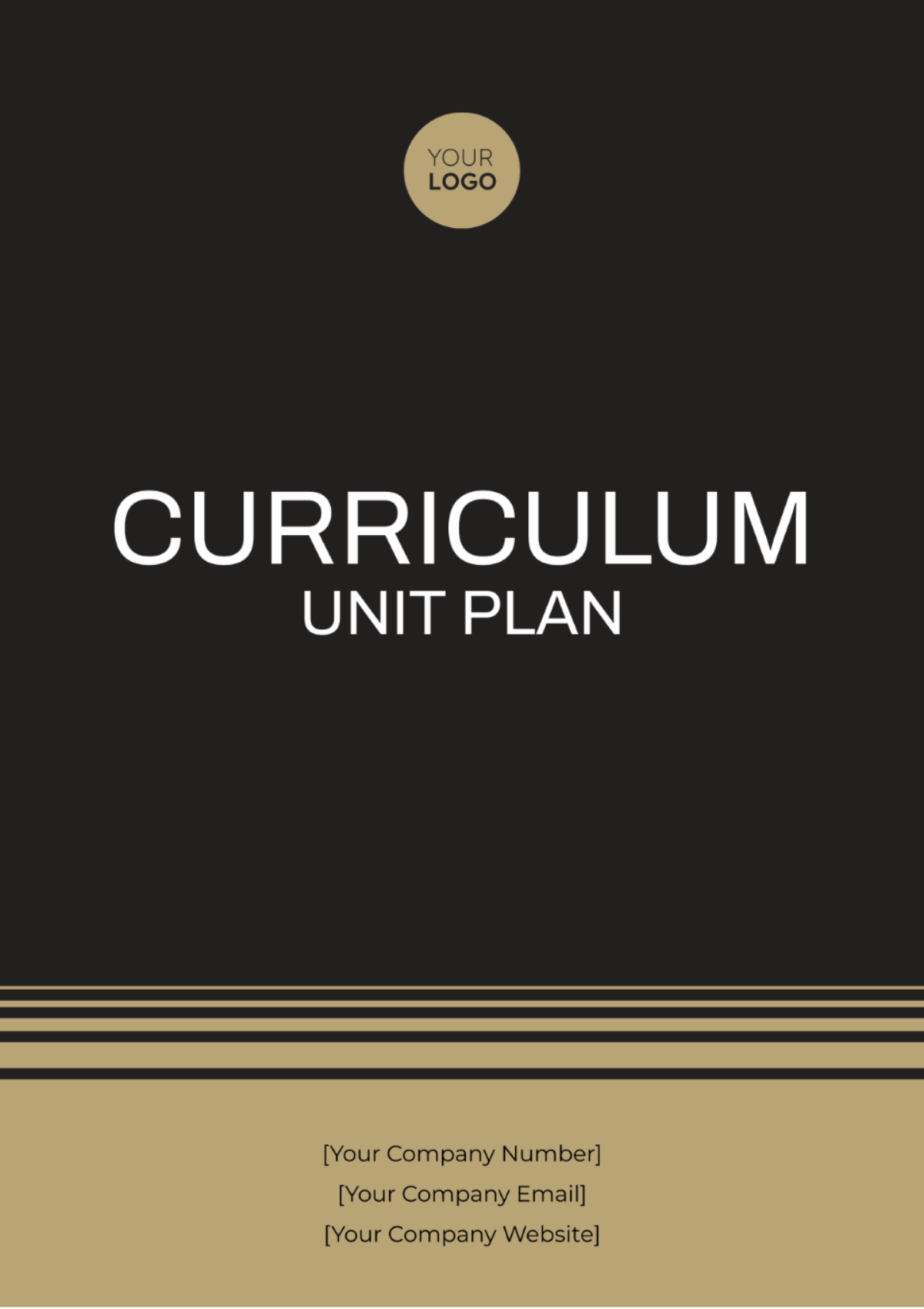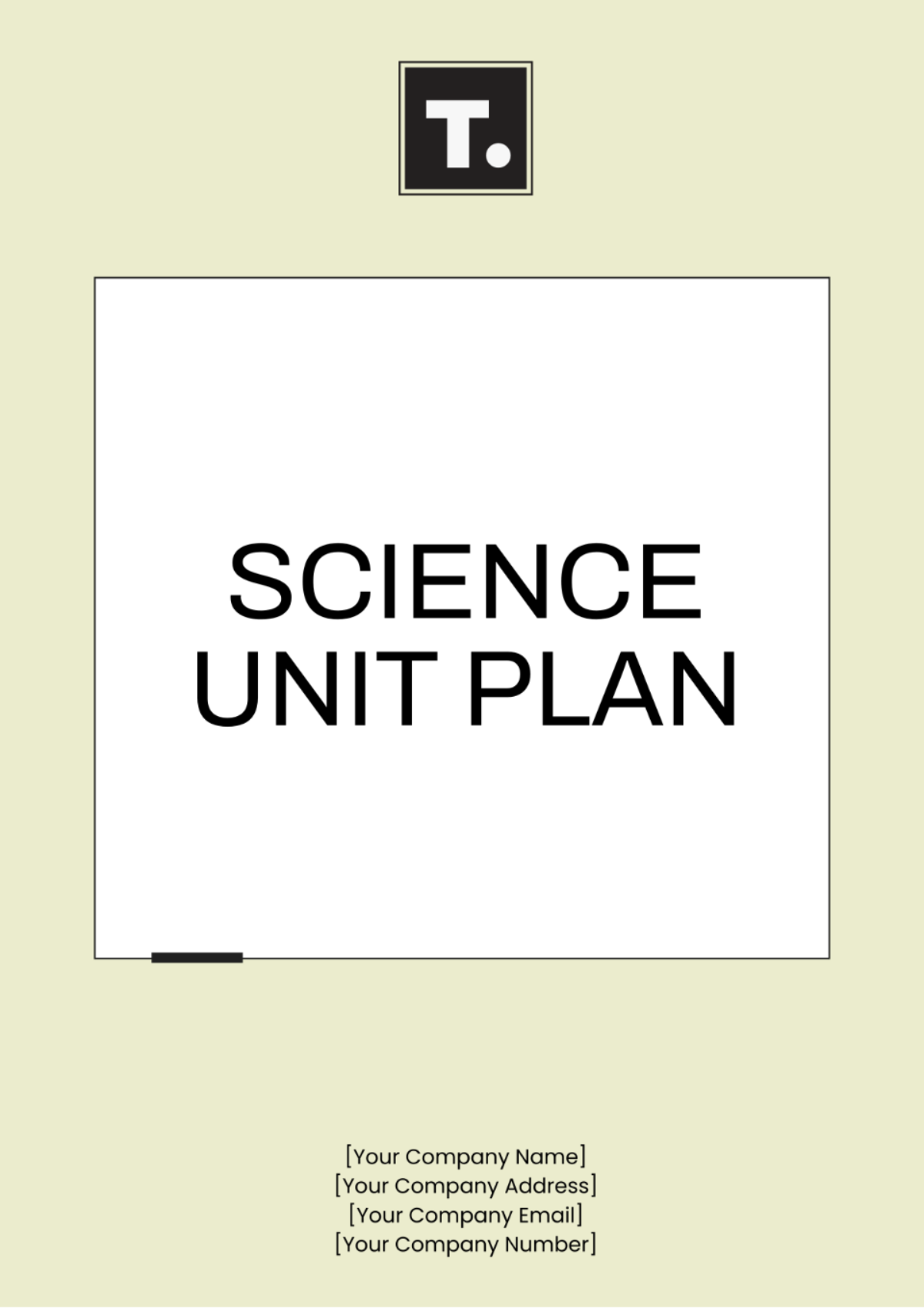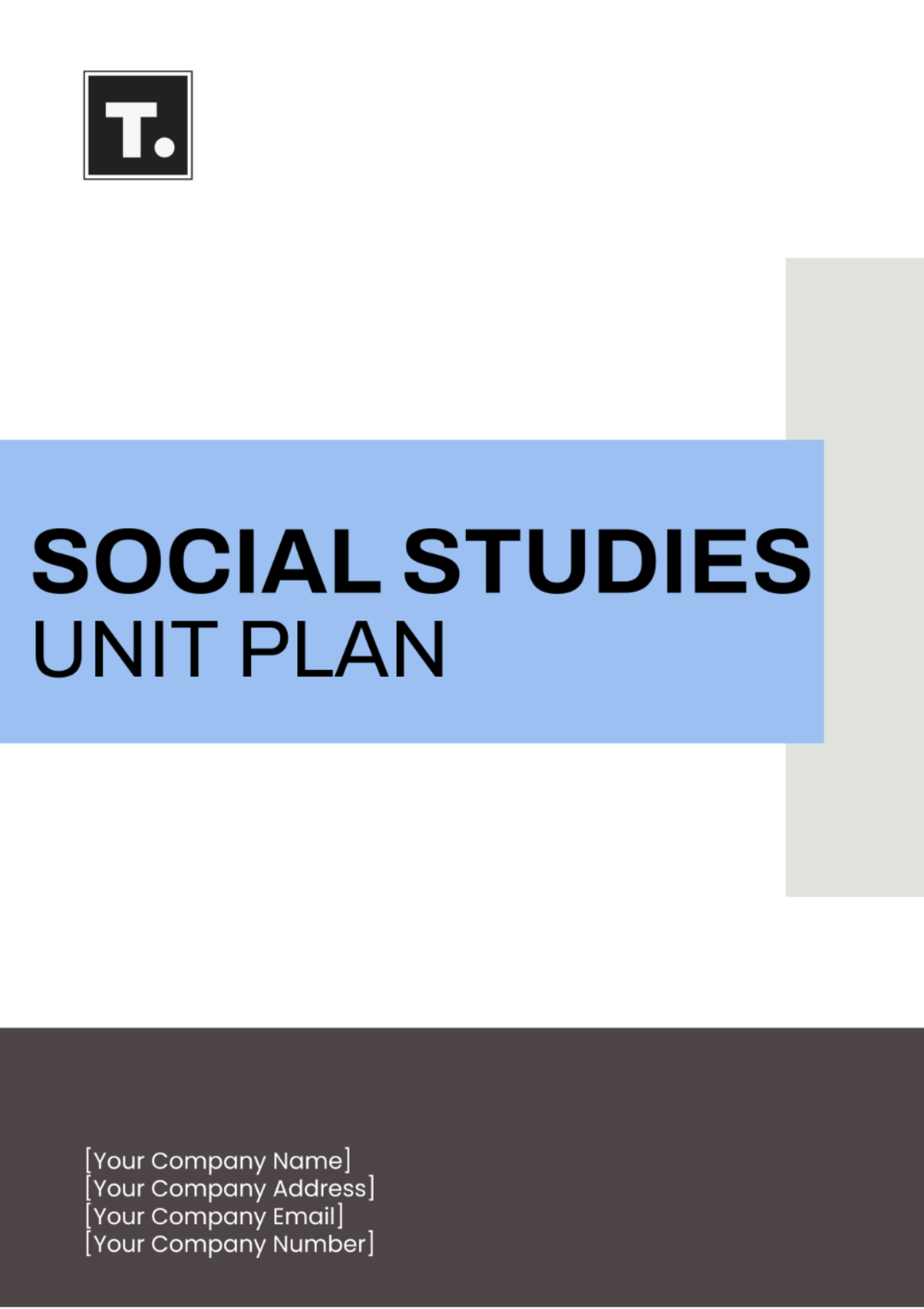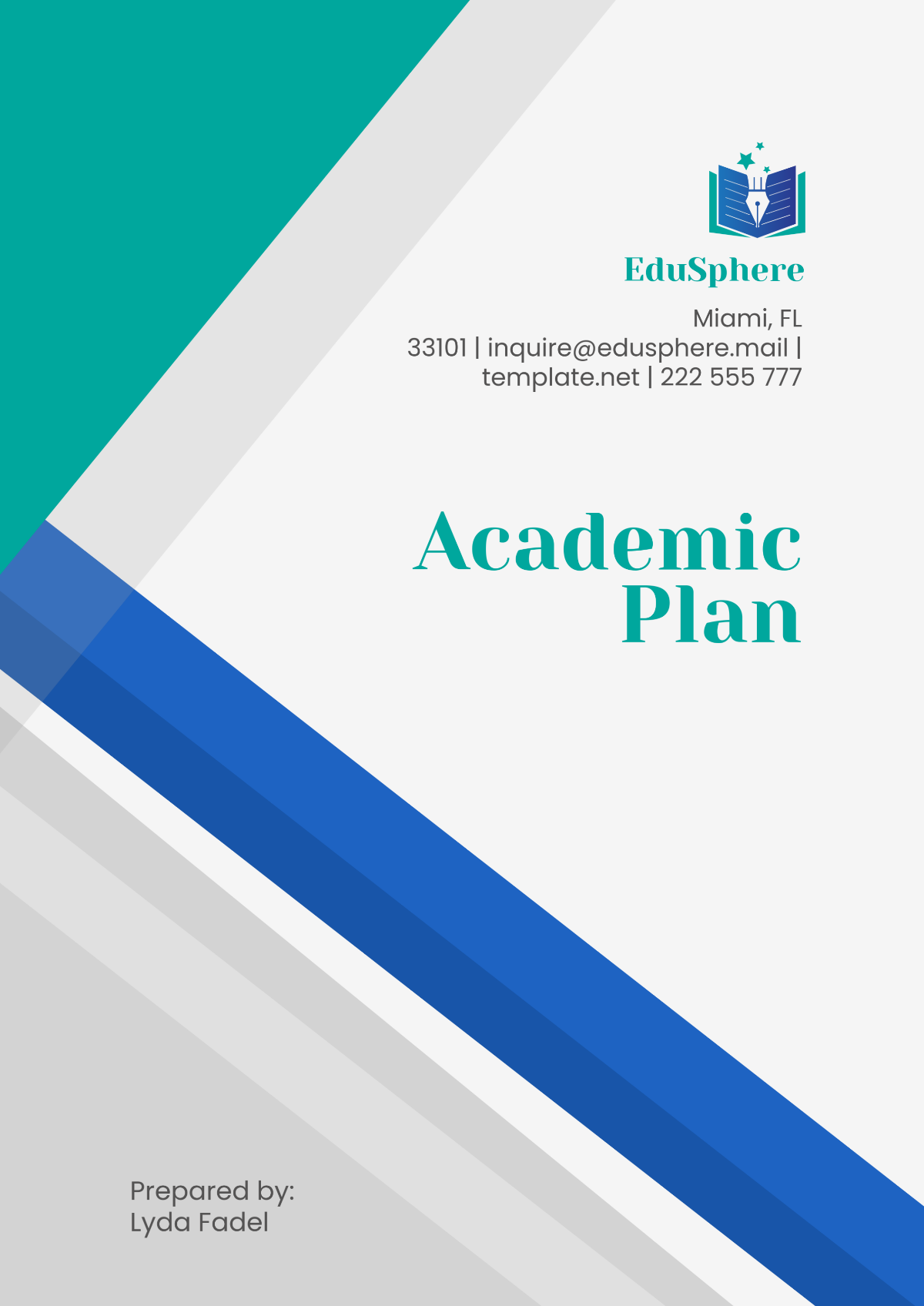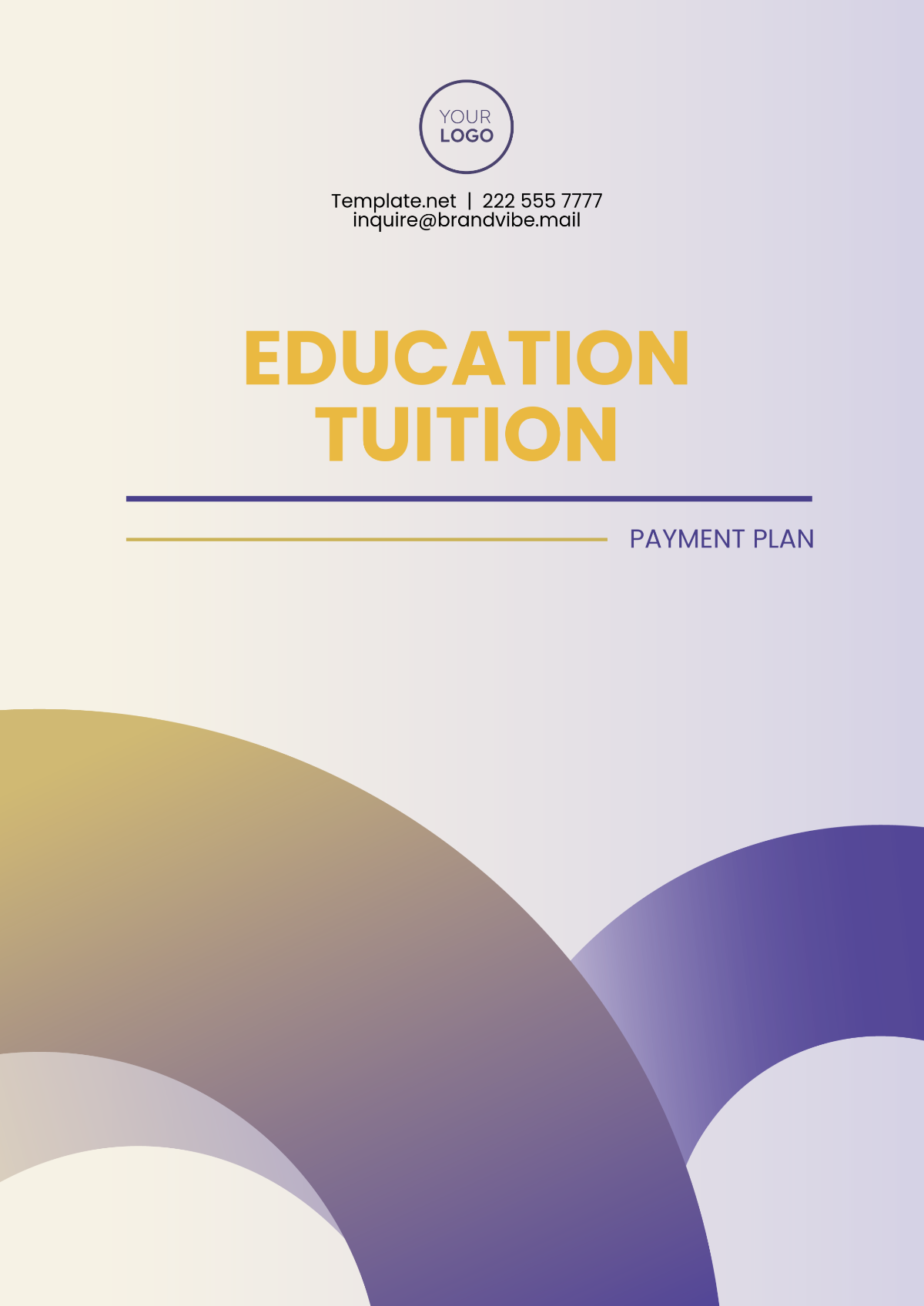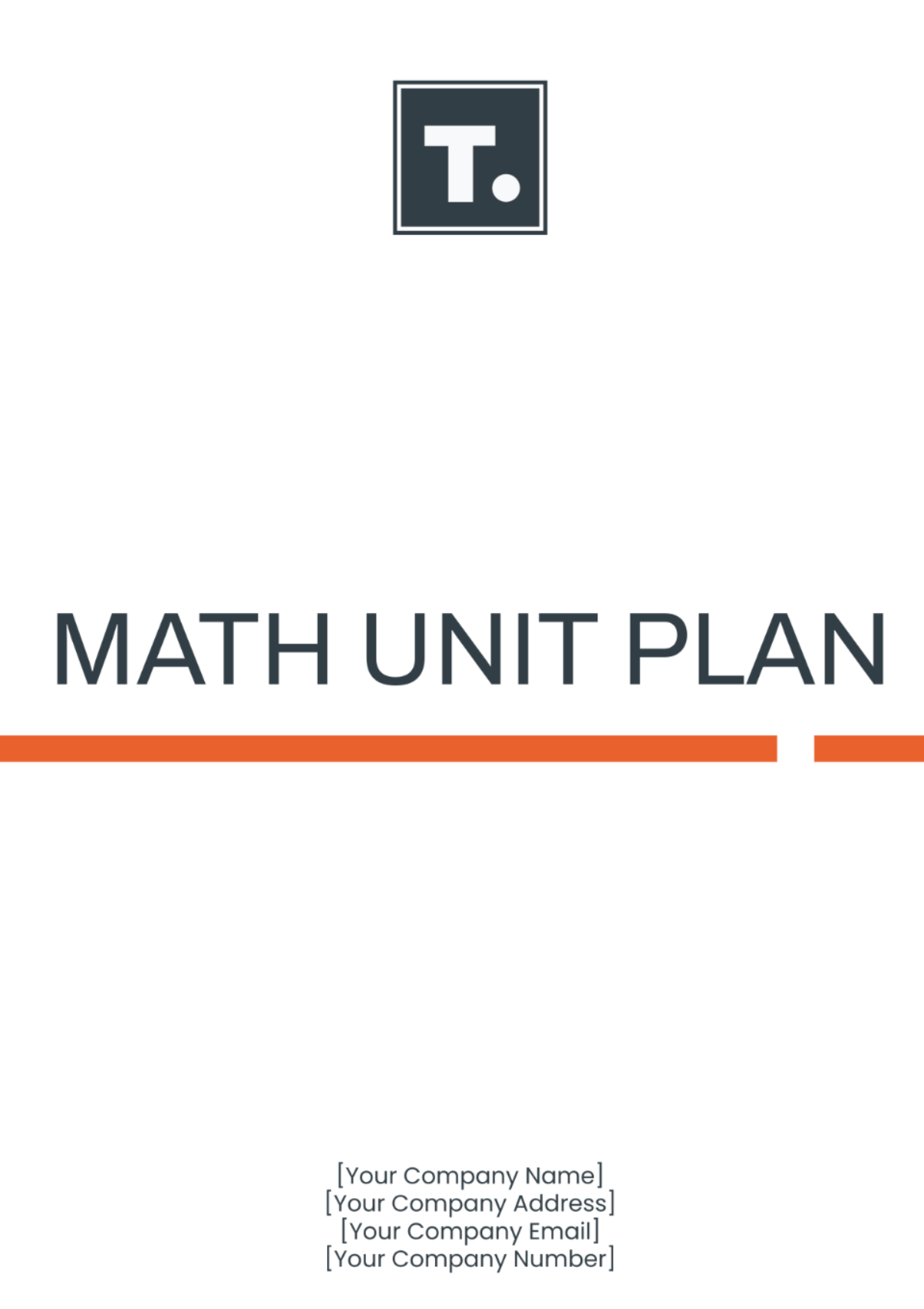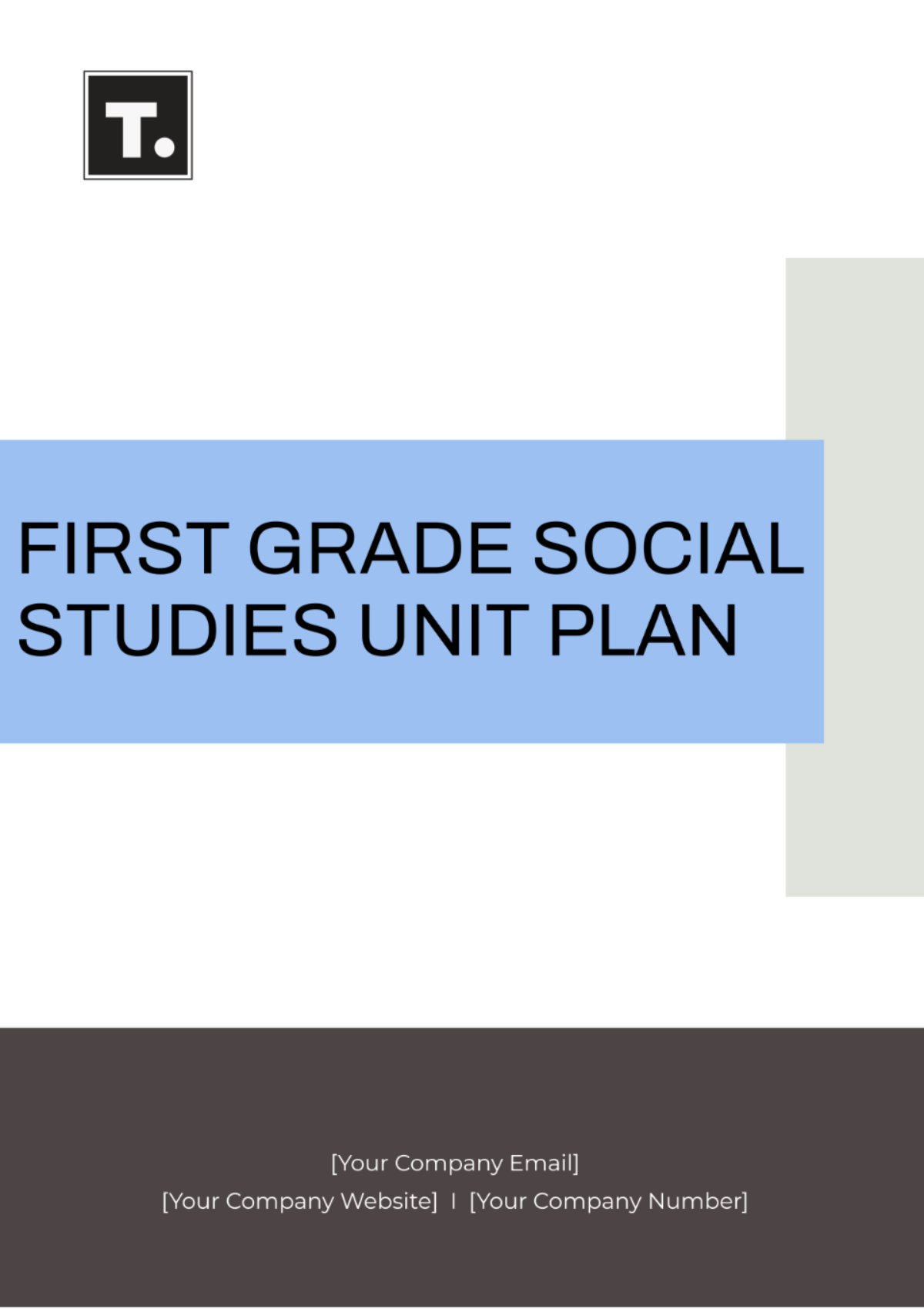Dissertation Plan
Prepared by: [Your Name]
Date: [Date]
1. Introduction
The dissertation plan outlines the strategy for conducting a research project, detailing the objectives, methodology, timeline, and resources required. This plan serves as a roadmap, guiding the research process and ensuring that the project remains focused and organized.
2. Objectives
2.1 Main Objectives
To address the research question: Clearly define the central research question or hypothesis.
To review existing literature: Conduct a comprehensive review of relevant literature to identify gaps and establish a theoretical framework.
To gather and analyze data: Employ appropriate methodologies to collect and analyze data, ensuring reliability and validity.
To contribute to the field: Provide insights or advancements that contribute to the existing body of knowledge.
2.2 Specific Aims
Identify key variables: Determine the main variables or factors relevant to the research.
Formulate hypotheses: Develop testable hypotheses based on the literature review.
Design experiments: Create experimental or survey designs to test the hypotheses.
3. Literature Review
3.1 Scope of Review
Historical background: Overview of historical developments related to the research topic.
Current trends: Analysis of recent studies and emerging trends in the field.
Research gaps: Identification of areas that require further investigation.
3.2 Key Sources
Books and Monographs: Comprehensive texts providing foundational knowledge.
Journal Articles: Peer-reviewed articles offering recent research findings.
Conference Papers: Presentations and papers from academic conferences.
Theses and Dissertations: Previous academic work related to the topic.
4. Methodology
4.1 Research Design
Qualitative Research: Methods such as interviews, focus groups, and content analysis.
Quantitative Research: Techniques including surveys, experiments, and statistical analysis.
Mixed-Methods Research: Combining qualitative and quantitative approaches for comprehensive insights.
4.2 Data Collection
Primary Data: Data collected directly from sources through experiments, surveys, or interviews.
Secondary Data: Data obtained from existing sources, such as databases, reports, and previous research.
4.3 Data Analysis
Statistical Analysis: Use of statistical tools to interpret quantitative data.
Thematic Analysis: Identification and analysis of themes in qualitative data.
5. Timeline
Task | Duration | Start Date | End Date |
|---|---|---|---|
Literature Review | 2 months | 01/01/2050 | 28/02/2050 |
Research Design and Proposal | 1 month | 01/03/2050 | 31/03/2050 |
Data Collection | 3 months | 01/04/2050 | 30/06/2050 |
Data Analysis | 2 months | 01/07/2050 | 31/08/2050 |
Writing and Revision | 2 months | 01/09/2050 | 31/10/2050 |
Final Review and Submission | 1 month | 01/11/2050 | 30/11/2050 |
6. Resources
6.1 Human Resources
Advisors and Mentors: Faculty members or experts providing guidance and feedback.
Research Assistants: Individuals assisting with data collection, analysis, and other research tasks.
6.2 Financial Resources
Grants and Funding: Financial support from academic institutions, research bodies, or government agencies.
Budget Allocation: Breakdown of expenses for materials, travel, and other research-related costs.
6.3 Technical Resources
Software: Programs for analyzing data such as SPSS and NVivo and for writing such as LaTeX and Word.
Hardware: Computers, recording devices, and other equipment required for research.
7. Ethical Considerations
7.1 Informed Consent
Participants' Rights: Ensuring that participants are fully informed about the study and consent to their involvement.
Confidentiality: Protecting the privacy of participants and handling data securely.
7.2 Research Integrity
Avoiding Plagiarism: Proper citation of sources and adherence to academic standards.
Data Integrity: Ensuring accuracy and honesty in data collection and reporting.
8. Conclusion
The dissertation plan provides a structured approach to conducting research, encompassing objectives, literature review, methodology, timeline, resources, and ethical considerations. Following this plan will ensure a systematic and rigorous approach to the research project, facilitating meaningful contributions to the field of study.
